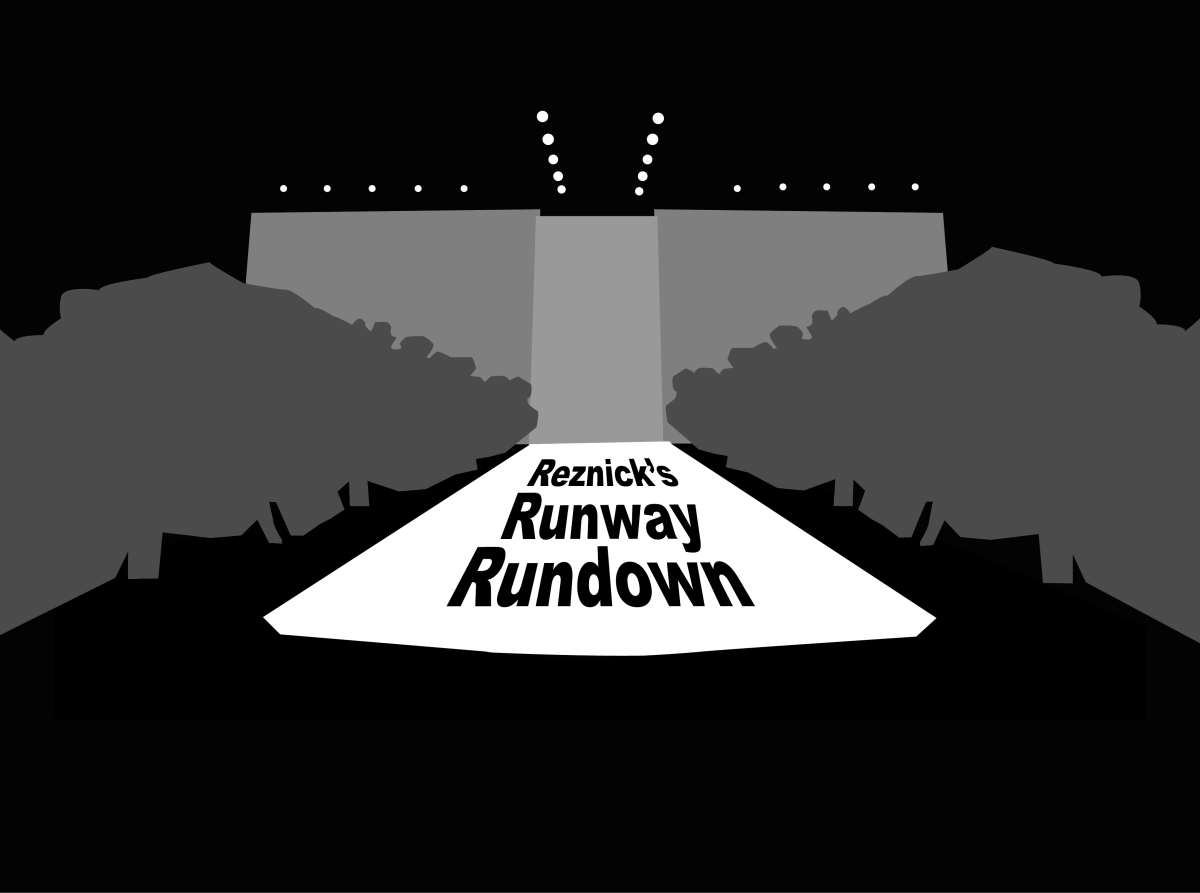Maddy Whitman Media Editor
Scrolling through YouTube, one might see an array of videos accompanied by meticulously crafted thumbnails and titles. Intrigued, they click on the video, but find themselves disappointed when the content isn’t what was originally promised.
“Clickbait” is when a creator alters the portrayal of their video to increase the number of views that their content receives, which often leads to a more income. Clickbait has been present on the internet for as long as it has existed, and it continues to play a major role on entertainment websites such as YouTube and Instagram.
YouTube has been greatly involved in the rise of clickbait. Youtube is now worth over $16 billion and the number of advertisements presented across the site has been increasing since its creation. Creators make money based off of the number of views these ads receive on their videos, thus leading to the desire for larger audiences.
The greater presence of clickbait in recent years exposes the money-centered culture on entertainment platforms. When they first originated, sites like YouTube were intended for entertainment and expression, and although these major sites are businesses, the content has clearly strayed away from the missions of said companies. Though clickbait is often supposed to promote someone’s content so they widen their audience, it can be taken advantage of when a creator benefits through wrongfully deceiving viewers.
Clickbait also shows how the values of some creators have changed alongside the evolution of the site. The term ‘influencer’ has developed in the last couple of years on social media sites, and those are people who have large followings and make substantial money for the photos and videos they post. These influencers are often culprits of using clickbait in a negative way.
Though someone might start an account to share their ideas, many creators’ motivations change as they gain popularity from their original content. In many instances, their content becomes worse and people lose interest, and their careers plummet back to obscurity.
YouTube’s mission statement says they aim to give “everyone a voice and show them the world,” as well as foster an environment to “listen, share and build community through our stories.” However, when creators’ main motivations are to make money from the content they publish, the goals of the sites are not met. Not only does the content become more flashy to attract views, but the quality of published videos and photos decreases. It is clear how YouTube has evolved in many ways since its creation; it has developed from a hub to share ideas to an uninviting, superficial platform.
In some cases, clickbait is just a case of a creator not fully delivering what they promised in the title of their video. Many times they will exaggerate the title of their videos and although irritating, these instances of clickbait are clearly unintentional. Ryan Trahan, a YouTuber with over a million subscribers, is an example of what seems to be accidental clickbait. His video titled “LOREN GRAY is LYING TO YOU *proof*” was criticized for its irrelevance to its title. The video talked about Gray who is a “real life Barbie,” but failed to explain how she was “lying” to us. There is no doubt that it was a waste of time, regardless of whether the content of the video lived up to its name, but multiple instances combined build frustration among viewers. The video more than 8 million views and caused an increase in the creator’s subscriber count, hence the video evidently benefitted from clickbait.
When my recommended page includes titles such as “my best friend was a ‘murderer’ storytime” or “I almost died in an Uber: Storytime,” I can’t differentiate between something unusual that has actually happened or clickbait. I have strayed away from watching content with dramatic titles because I don’t want the possibility of being trapped in a time-wasting cycle. This is detrimental to entertainment platforms because they will continue to drive people away if they continue to condone clickbait.
Creators who produce content that isn’t clickbait, but are flashy in a similar way to common clickbait videos, are affected by the consequences of the misuse of clickbait. I know that as a viewer, I no longer spend my time watching flamboyant videos, but I can recognize that there are people who aren’t getting the recognition they deserve because of the stigma associated with clickbait.
The increasing number of deceptive titles and misleading thumbnails has led to my reluctance to spend my time on many social media sites. I question the role I play as a viewer on these sites when I click on a video just to be deceived into watching falsely-advertised content. I have started to consider why I should support a website that promotes misleading content because, as a viewer, I don’t want to support someone who clearly doesn’t have any respect for the people who have helped them rise in popularity.
Photos from YouTube




